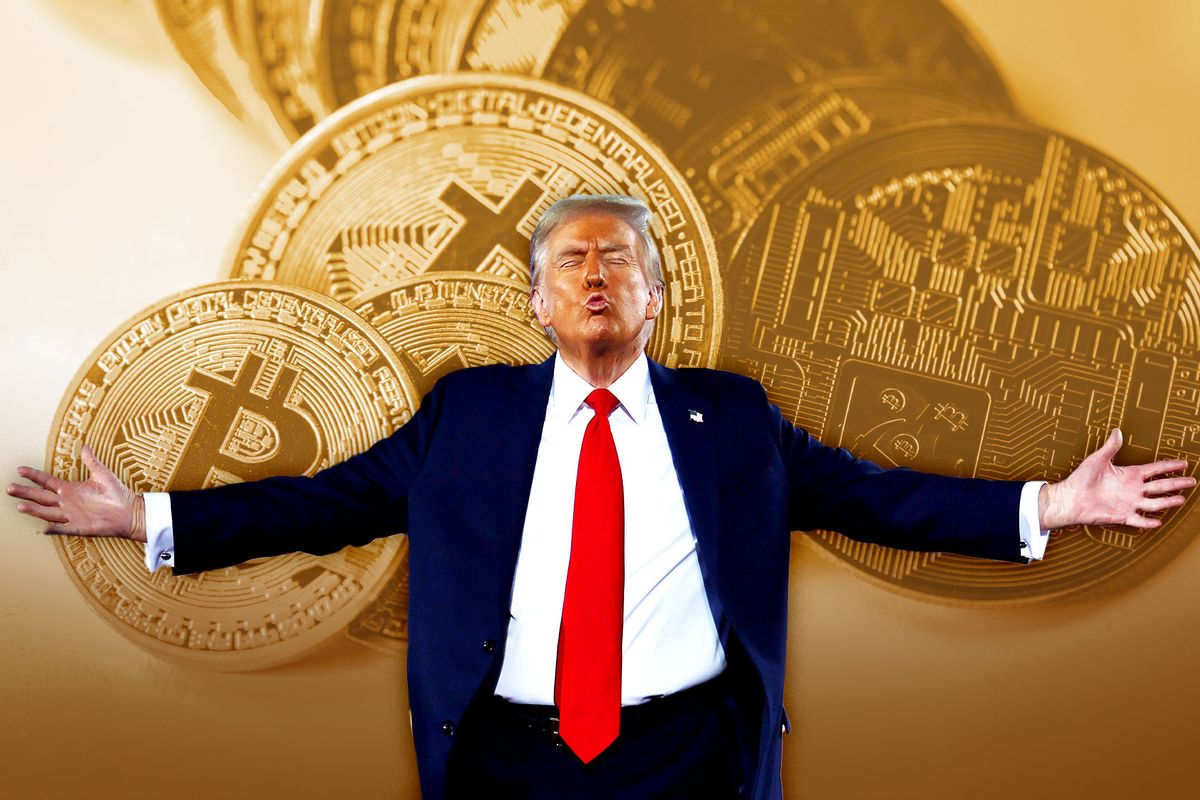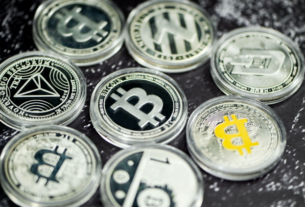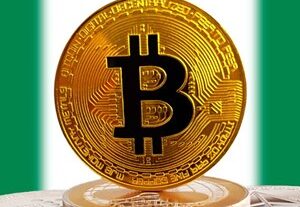- BRICS to Ditch US Dollar for Gold-Backed Cryptocurrency?
- Cryptocurrency Market to grow by USD 34.5 Billion (2024-2028), driven by rising investments in digital assets, Report on AI’s impact on market trends
- Unmasking Cryptocurrency Fraud: Insights on Nigerian Perpetrators
- Bitget Introduces PoolX Winter Carnival with 15,440 BGB in
- Binance Coin Security How Safe Is BNB for Long-Term Cryptocurrency Investment?
With Donald Trump’s inauguration a month away, cryptocurrency analysts are sounding the alarm on potential conflicts with his administration and the industry he has embraced.
Bạn đang xem: Trump & crypto: How friendly is too friendly?
Trump and his sons helped launch World Liberty Financial, a decentralized crypto platform co-founded by Steve Witkoff, a real estate developer and inauguration committee co-chair who Trump has named special Middle East envoy. The platform proclaims Trump its “chief crypto advocate” and his sons “ambassadors.” The Trumps are not an “officer, director, founder, or employee of World Liberty Financial or its affiliates,” according to a disclaimer on its website. But an entity affiliated with Trump, DT Marks DEFI LLC, is entitled to receive 75% of its revenues, the disclaimer says.
The platform gained little traction until Justin Sun, a Chinese-born crypto entrepreneur sued by the Securities and Exchange Commission for defrauding investors, became its largest backer in early December. Sun’s $30 million investment and role as an adviser to the project raised concerns because his crypto network Tron has allegedly been used by militant groups like Hamas, according to Reuters’ reporting. Analysts say the partnership opens the venture to legal and diplomatic risks, and highlights the often opaque nature of cryptocurrency financing.
In mid-November, the Financial Times reported another potential deal. Trump Media — the parent company of Trump’s social media platform, Truth Social — was in talks to buy Bakkt, a crypto trading firm previously led by Kelly Loeffler, another co-chair of his inauguration committee. Since then, SEC filings show Trump has transferred all of his $4 billion stake in Trump Media to a revocable trust overseen by his son, Donald Trump Jr.
Representatives for Trump and Witkoff didn’t respond to requests for comment on their crypto business. A spokeswoman for Trump has denied he is trying to profit from the presidency, and Sun has denied any wrongdoing.
“During the last Trump administration, many companies, foreign interests and others sought to curry favor with President Trump through using his hotels and properties,” said Mark Hays, a senior policy analyst at Americans for Financial Reform. “But, with [World Life Financial], it’s theoretically possible to make investments in a firm that could financially benefit the president-elect, pseudonymously, at the touch of a button from anywhere around the world. It’s a black box tailor made for potential conflicts of interest and pay-to-play politics.”
“Things could go very badly, very quickly”
Xem thêm : China’s new forex rules require banks to tighten scrutiny on cryptocurrency trades
Trump, an outspoken skeptic of crypto in his first term, reversed course on the 2024 campaign trail and said he would make the U.S. the “crypto capital of the planet.” The industry poured tens of millions of dollars into electing him and other pro-crypto candidates. He has nominated crypto advocate Paul Atkins to take over the SEC from Biden appointee Gary Gensler, who since 2021 has led a crypto crackdown.
Bitcoin surged to $100,000 for the first time following the announcement. “CONGRATULATIONS BITCOINERS!!! $100,000!!!” Trump wrote on Truth Social. “YOU’RE WELCOME!!!”
“Many in the crypto industry are cautiously optimistic that the upcoming presidency will be more favorable toward crypto and digital assets compared to previous governments,” Fidelity analysts wrote in their 2025 market outlook report. “They hope the new administration will open the doors for long-awaited industry regulations, making it possible for the industry to grow domestically.”
But Amanda Wick, CEO of the Association for Women in Cryptocurrency, said, “We need to move toward responsible innovation. If the crypto industry pushes for deregulation or less regulation, things could go very badly, very quickly.”
“We need to move toward responsible innovation”
A recent ruling on a case involving the crypto mixing platform Tornado Cash exemplifies a shift toward deregulation. In November, a federal appeals court with a Trump-appointed judge ruled that the Treasury Department overstepped its authority by sanctioning the platform.
The court ruled that Tornado Cash’s smart contract technology couldn’t be legally categorized as property, essentially blocking the government’s attempt to penalize a platform allegedly used for laundering over $7 billion, including funds from North Korean hackers.
Xem thêm : Crypto Bank BVNK Expands to US After Raising $50 Million
While some crypto players like Coinbase celebrated the decision as a “historic win for liberty,” cybersecurity experts warned that deregulation could create dangerous precedents.
The ruling also underscored analysts’ concerns that technological innovation and industry autonomy will take priority over stringent oversight, potentially leaving critical financial security gaps unaddressed.
“Notions that this ruling is a huge win for the industry may be a bit overstated,” Hays said. “But the ruling does capture a piece of the crypto industry’s broader deregulatory strategy. Just like other players in the financial system, the crypto industry has [been] seeking out extremely pro-business, anti-consumer court venues like the 5th Circuit to roll back important regulatory safeguards or advance radical judicial strategies that stand to make it harder for authorities to protect consumers, investors and communities.”
A new approach could lead to broader systemic vulnerabilities in crypto regulation, with implications for national security, analysts said.
Sanctions have been a key economic tool used by the U.S. to sideline actors such as Russia. Earlier this year, the U.S. Treasury introduced sanctions on over a dozen Russia-affiliated crypto companies in order to cut off a regime that is “increasingly turning to alternative payment mechanisms to circumvent U.S. sanctions and continue to fund its war against Ukraine,” according to former Brian Nelson, the Treasury’s former undersecretary for terrorism and financial intelligence.
“As the Kremlin seeks to leverage entities in the financial technology space, Treasury will continue to expose and disrupt the companies that seek to help sanctioned Russian financial institutions reconnect to the global financial system,” Nelson said in a statement in February.
Read more
about personal finance
Nguồn: https://gapinsurance.click
Danh mục: News




